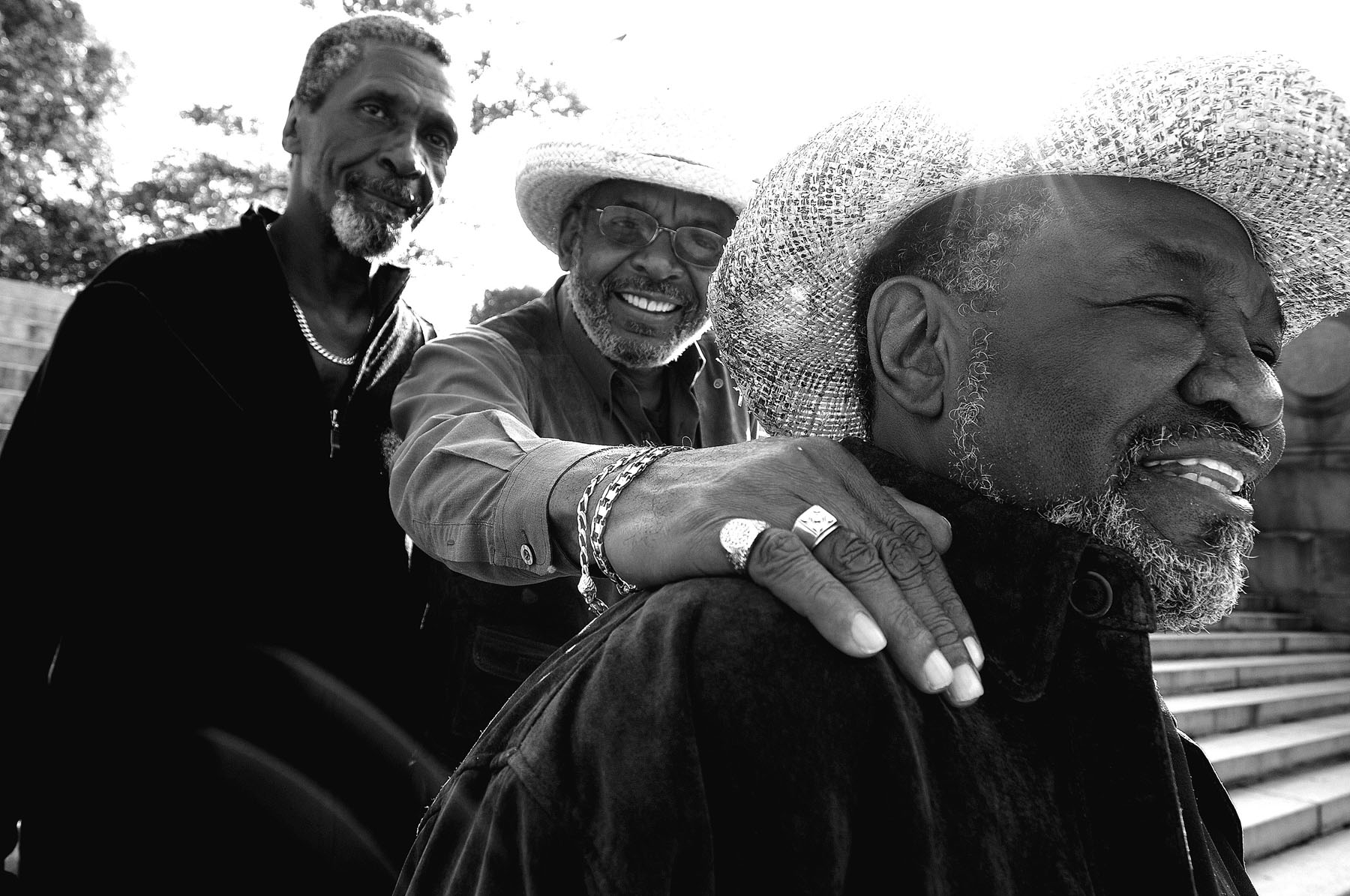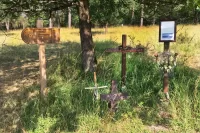
Folk singer and activist Peggy Seeger to perform in concert series
Singer, songwriter and activist Peggy Seeger will perform a concert at 8 p.m. Wednesday, Oct. 13, in the Olin Arts Center Concert Hall, 75 Russell St. Tickets are $10 for general admission and $8 for students and seniors.
More that 40 years of concerts and numerous recordings have contributed to Seeger’s legendary status as a performer who weaves a lifetime of advocacy into a narrative that involves her audience as a partner. Accompanied by banjo, guitar, piano, concertina and autoharp, Seeger’s concerts include a cross section of ancient bloody ballads and finely crafted modern songs. She frames traditional Anglo-American tunes both by strong family immersion and more than a 30-year residency in England, where she became a leader in the British folksong revival.
“Born into one of America’s great musical families, she has grown into an institution of her own,” said the New Haven Advocate. The sister of folksingers Pete and Mike Seeger, the daughter of composer Ruth Crawford Seeger and ethnomusicologist Charles Seeger and the mother of instrumentalists Neill and Calum MacColl, Peggy Seeger began her life as a musician at age 7 when she learned to play the piano.
After studying music at Radcliffe and traveling throughout Europe, Asia and Africa, she became a British subject in 1959 and settled in London with Ewan MacColl, the British dramatist-singer-songwriter, who composed “First Time Ever I Saw Your Face” for her. The Seeger-MacColl collaboration yielded a tapestry of field recordings of speech and sound effects melded with new songs in the folk idiom and complementary musical accompaniments.
One of the duo’s radio ballads, “Singing in the Rain,” took the 1960 Italia Prize for radio documentary. Their British folksong work incorporated folk techniques in film music and songwriting, emphasizing the connections between traditional artistic forms and political content.
For seven years, Seeger and MacColl ran the controversial London Critics Group, producing a yearly political theater piece The Festival of Fools and formed their own record company, Blackthorne Records. In addition to creating and editing a magazine of new songs, The New City Songster (1965-85), Seeger joined MacColl in offering concerts and workshops throughout the world.
Seeger has made 16 solo recordings and participated in 100 others. Often associated with her songs on nuclear disarmament and feminist issues, her best-known song “Gonna Be an Engineer,” is often invoked by women in their struggle for equal rights. From 1984 to 1994, Seeger worked with traditional Irish folksinger Irene Scott, touring together as No Spring Chickens and releasing Almost Commercially Viable through their company, Golden Eggs Productions. The BBC produced a five-part radio series about Seeger’s life in 1995-96.
Seeger moved to Asheville, N.C., in 1994 and published two songbooks, Peggy Seeger Songbook, Warts and All (Oak Publications, 1997) and The Essential Ewan MacColl Songbook (Oak Publications, 1998). Her latest CD, An Odd Collection (Rounder, 1998), contains a collection of songs written solo and with Irene Scott. She continues to tour and sing throughout the United States and Great Britain.
The next concert in the Bates College Concert Series will be violinist Alisa Weilerstein, who will perform at 8 p.m., Thursday, Jan. 20, in the Olin Arts Center Concert Hall. Tickets for this concert are also $10 for general admission and $8 for students and seniors.


